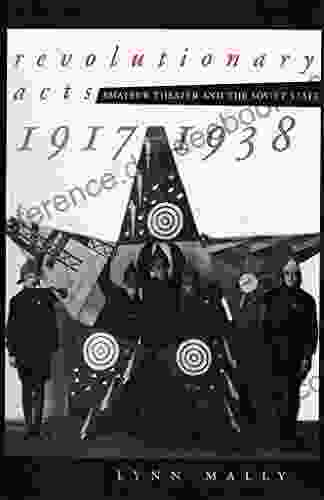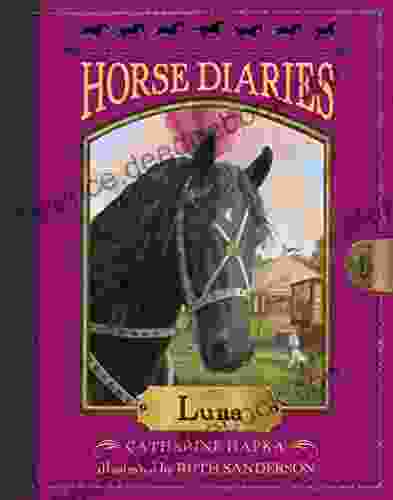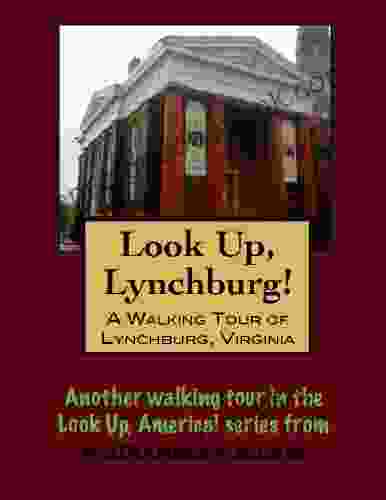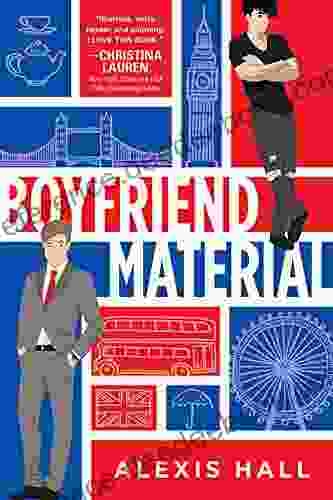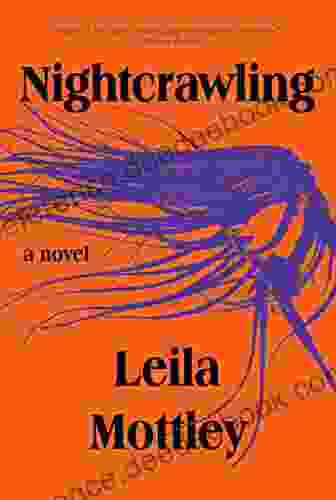Revolutionary Acts: Amateur Theater and the Soviet State, 1917-1938

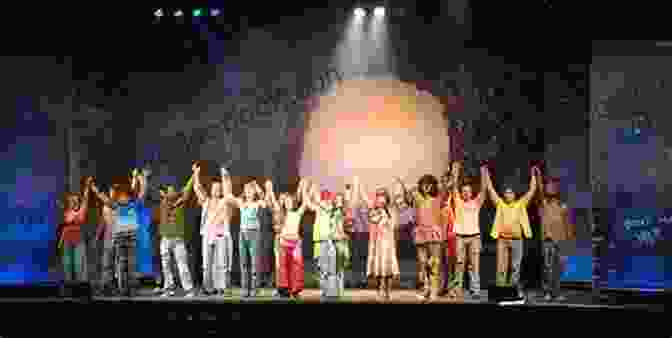
During the early years of the Soviet Union, amateur theater flourished as a vibrant and accessible form of cultural expression. From 1917 to 1938, millions of ordinary citizens participated in amateur theater groups, using the stage to explore social and political issues, celebrate revolutionary ideals, and envision a new socialist society. However, the relationship between amateur theater and the Soviet state was complex and fraught with tensions. While the state initially supported amateur theater as a means of mass mobilization and propaganda, it later came to view it as a potential threat to its monopoly on cultural production.
4.4 out of 5
| Language | : | English |
| File size | : | 2189 KB |
| Text-to-Speech | : | Enabled |
| Screen Reader | : | Supported |
| Enhanced typesetting | : | Enabled |
| Print length | : | 263 pages |
In this article, we will explore the history of amateur theater in the Soviet Union, from its origins in the revolutionary period to its suppression under Stalin. We will examine the ways in which amateur theater groups negotiated the changing political landscape and influenced Soviet society. And we will explore the legacy of amateur theater in Russia and beyond, as a form of cultural expression that empowers ordinary citizens to challenge authority and imagine a better world.
The Origins of Amateur Theater in the Soviet Union
Amateur theater has its roots in the revolutionary period in Russia, when mass participation in cultural activities was seen as a way to build a new socialist society. After the October Revolution of 1917, the new Soviet government encouraged the creation of amateur theater groups as a means of spreading revolutionary ideas and mobilizing the masses. The government provided funding and resources for amateur theater groups, and it established a network of theater schools and clubs throughout the country.
Amateur theater groups were especially popular among young people, who saw them as a way to express their creativity and participate in the building of the new society. These groups often performed in factories, schools, and other public spaces, and they attracted large and enthusiastic audiences.
Amateur Theater and Mass Mobilization
In the early years of the Soviet Union, amateur theater played a vital role in mass mobilization campaigns. The government used theater groups to promote literacy, hygiene, and other social reforms. Theater groups also performed in support of the Red Army during the Civil War, and they helped to raise funds for the war effort.
Amateur theater was also a powerful tool for propaganda. Theater groups often performed plays that celebrated the achievements of the Soviet Union and its leaders. They also performed plays that criticized the old regime and its supporters. Through theater, the Soviet government was able to reach a wide audience with its message of socialist revolution.
Amateur Theater and Social Change
In addition to its role in mass mobilization and propaganda, amateur theater also played a significant role in social change. Theater groups were often at the forefront of new ideas and movements. They performed plays that explored social issues such as gender equality, workers' rights, and the need for education. And they provided a space for people to discuss these issues openly and honestly.
Amateur theater was also a way for people to express their own creativity and individuality. In a society that was increasingly dominated by bureaucracy and censorship, theater groups provided a space for people to experiment with new forms of expression. They also allowed people to connect with others who shared their interests and aspirations.
The Suppression of Amateur Theater
The relationship between amateur theater and the Soviet state was not always smooth. As the Soviet Union became more centralized and authoritarian, the state began to view amateur theater as a potential threat. The government feared that theater groups could be used to spread dissent and undermine its authority.
In 1938, the Soviet government launched a crackdown on amateur theater. The government closed down many theater groups and arrested their members. The government also tightened its control over the content of theatrical performances, and it banned plays that it deemed to be politically subversive.
The crackdown on amateur theater was part of a broader campaign of repression that Stalin launched in the late 1930s. Stalin was determined to eliminate all forms of dissent and opposition, and he saw amateur theater as a potential source of resistance. The crackdown on amateur theater had a devastating impact on the Soviet cultural scene. Many of the most talented and innovative theater artists were silenced, and the diversity of theatrical expression was severely curtailed.
The Legacy of Amateur Theater
Despite the crackdown on amateur theater, it continued to exist in the Soviet Union in various forms. Underground theater groups staged illegal performances, and some amateur theater groups were able to continue operating with the tacit approval of the authorities. After Stalin's death in 1953, there was a brief thaw in cultural policy, and amateur theater experienced a revival. However, the state continued to maintain a tight grip on theatrical expression, and amateur theater never regained the freedom and vitality it had enjoyed in the early years of the Soviet Union.
The legacy of amateur theater in the Soviet Union is complex and contradictory. On the one hand, amateur theater was a powerful force for social change and cultural expression. It provided a space for people to explore new ideas, to challenge authority, and to imagine a better world. On the other hand, amateur theater was also subject to the vagaries of Soviet cultural policy, and it was often suppressed when it was seen as a threat to the state. Nevertheless, amateur theater remains an important part of Russian cultural history, and it continues to inspire and empower people to this day.
Amateur theater was a vibrant and important part of Soviet culture in the early years of the Soviet Union. It played a vital role in mass mobilization and propaganda, and it also provided a space for social change and cultural expression. However, the relationship between amateur theater and the Soviet state was complex and fraught with tensions. As the Soviet Union became more centralized and authoritarian, the state began to view amateur theater as a potential threat, and it launched a crackdown on amateur theater in 1938. The crackdown had a devastating impact on the Soviet cultural scene, and it stifled the creativity and innovation that had been the hallmark of amateur theater in the early years of the Soviet Union.
Despite the crackdown, amateur theater continued to exist in the Soviet Union in various forms. It provided a space for people to explore new ideas, to challenge authority, and to imagine a better world. And it remains an important part of Russian cultural history, and it continues to inspire and empower people to this day.
4.4 out of 5
| Language | : | English |
| File size | : | 2189 KB |
| Text-to-Speech | : | Enabled |
| Screen Reader | : | Supported |
| Enhanced typesetting | : | Enabled |
| Print length | : | 263 pages |
Do you want to contribute by writing guest posts on this blog?
Please contact us and send us a resume of previous articles that you have written.
 Chapter
Chapter Story
Story Library
Library Magazine
Magazine Sentence
Sentence Bookmark
Bookmark Shelf
Shelf Glossary
Glossary Foreword
Foreword Synopsis
Synopsis Footnote
Footnote Scroll
Scroll Bestseller
Bestseller Classics
Classics Biography
Biography Reference
Reference Encyclopedia
Encyclopedia Dictionary
Dictionary Thesaurus
Thesaurus Narrator
Narrator Character
Character Resolution
Resolution Librarian
Librarian Catalog
Catalog Borrowing
Borrowing Archives
Archives Periodicals
Periodicals Study
Study Lending
Lending Reserve
Reserve Journals
Journals Reading Room
Reading Room Rare Books
Rare Books Special Collections
Special Collections Interlibrary
Interlibrary Literacy
Literacy Study Group
Study Group Storytelling
Storytelling Book Club
Book Club Theory
Theory Daniel Patrick Brown
Daniel Patrick Brown Ross Goldberg
Ross Goldberg Ted Efthymiadis
Ted Efthymiadis Anthony Mazzocchi
Anthony Mazzocchi Zac Miller
Zac Miller Tobin Nellhaus
Tobin Nellhaus B B Blaque
B B Blaque Bianca Raby
Bianca Raby Jimmy Allen
Jimmy Allen David Savran
David Savran Andrew Patrizio
Andrew Patrizio Lisa Dunnigan
Lisa Dunnigan Roger Maxim
Roger Maxim Mark L Gross
Mark L Gross Giorgio Tricarico
Giorgio Tricarico Caroline Y Preston
Caroline Y Preston Jonathan Allen
Jonathan Allen Taylor Jenkins Reid
Taylor Jenkins Reid Alexandrea Weis
Alexandrea Weis Drew Beisswenger
Drew Beisswenger
Light bulbAdvertise smarter! Our strategic ad space ensures maximum exposure. Reserve your spot today!

 Herman MitchellUnveiling the Enigmatic Alice in Fred Place: An Exploration of Elizabeth...
Herman MitchellUnveiling the Enigmatic Alice in Fred Place: An Exploration of Elizabeth...
 Ismael HayesA Comprehensive Guide to the Enchanting Walking Tour of Alexandria, Virginia:...
Ismael HayesA Comprehensive Guide to the Enchanting Walking Tour of Alexandria, Virginia:... Norman ButlerFollow ·16k
Norman ButlerFollow ·16k Forrest BlairFollow ·7.1k
Forrest BlairFollow ·7.1k F. Scott FitzgeraldFollow ·2.2k
F. Scott FitzgeraldFollow ·2.2k Russell MitchellFollow ·10.2k
Russell MitchellFollow ·10.2k Jeffrey HayesFollow ·14.9k
Jeffrey HayesFollow ·14.9k Junichiro TanizakiFollow ·18.3k
Junichiro TanizakiFollow ·18.3k Francisco CoxFollow ·3.5k
Francisco CoxFollow ·3.5k Jermaine PowellFollow ·9.6k
Jermaine PowellFollow ·9.6k
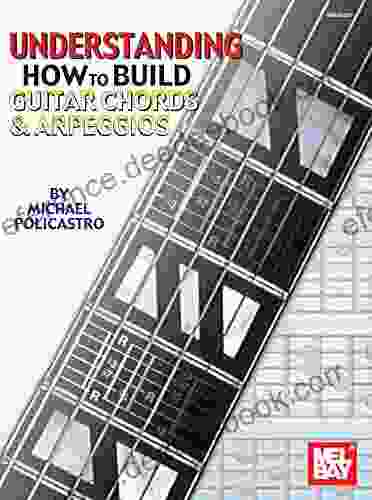
 Hector Blair
Hector BlairUnderstanding How to Build Guitar Chords and Arpeggios: A...
Mastering guitar chords and arpeggios...
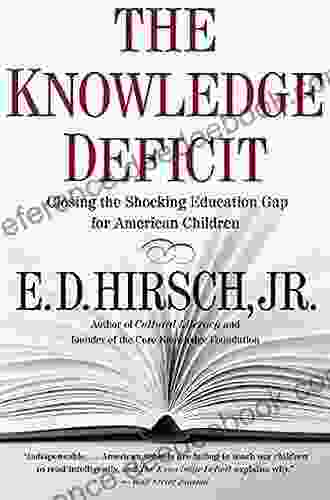
 Charles Dickens
Charles DickensClosing the Shocking Education Gap for American Children:...
Education is the foundation...
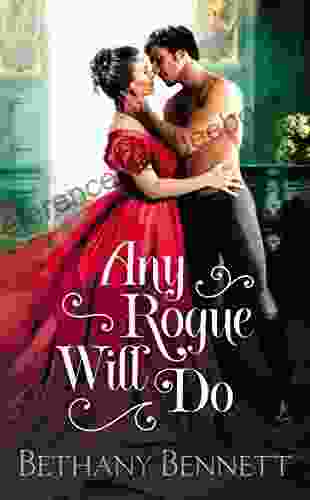
 Billy Peterson
Billy PetersonAny Rogue Will Do: A Captivating Adventure in the...
Step into the...
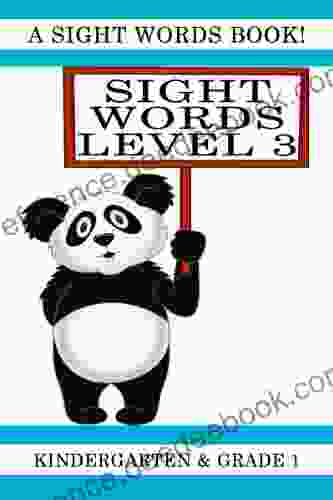
 Ricky Bell
Ricky BellMastering Sight Words Level 1: A Comprehensive Guide for...
In the realm...
4.4 out of 5
| Language | : | English |
| File size | : | 2189 KB |
| Text-to-Speech | : | Enabled |
| Screen Reader | : | Supported |
| Enhanced typesetting | : | Enabled |
| Print length | : | 263 pages |


